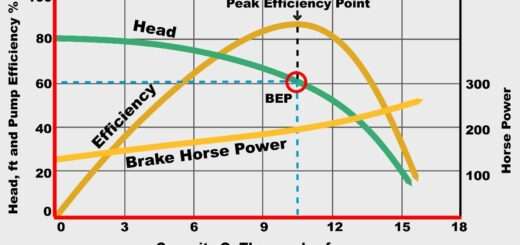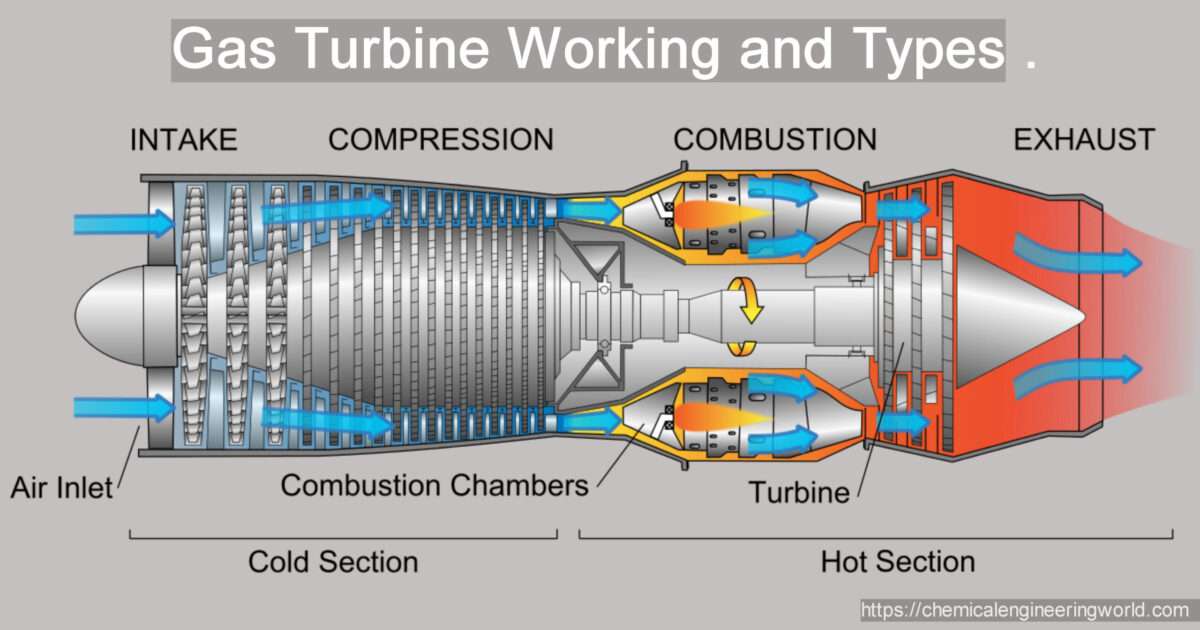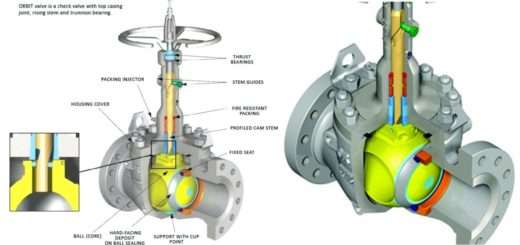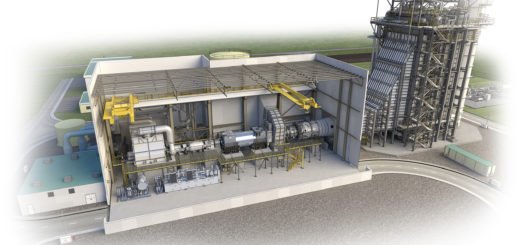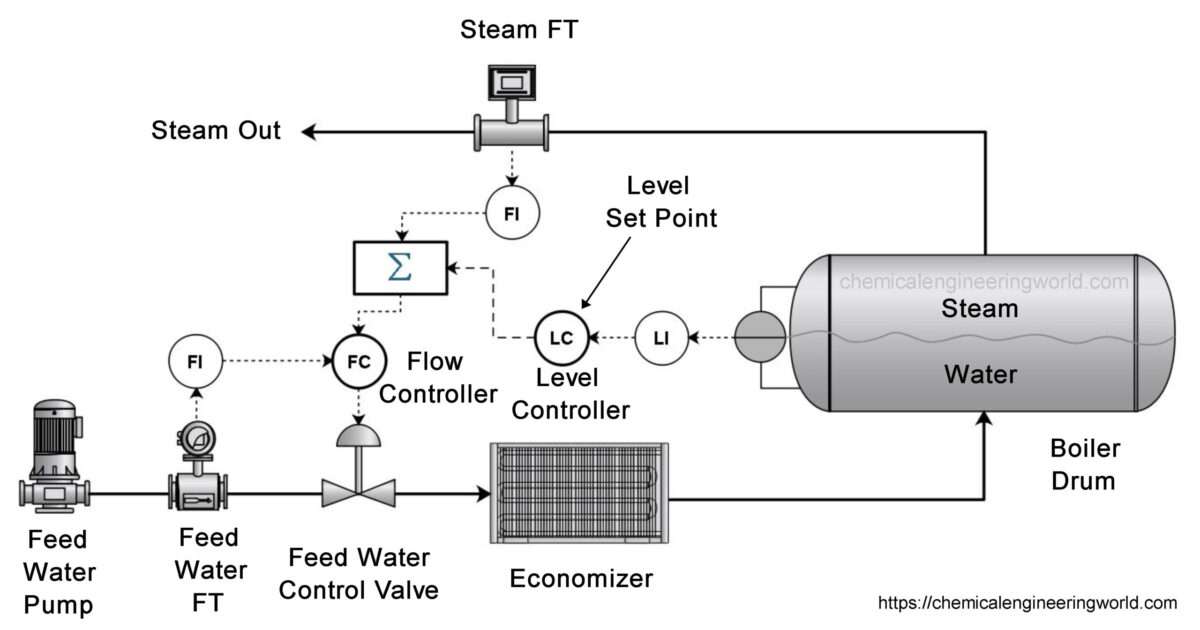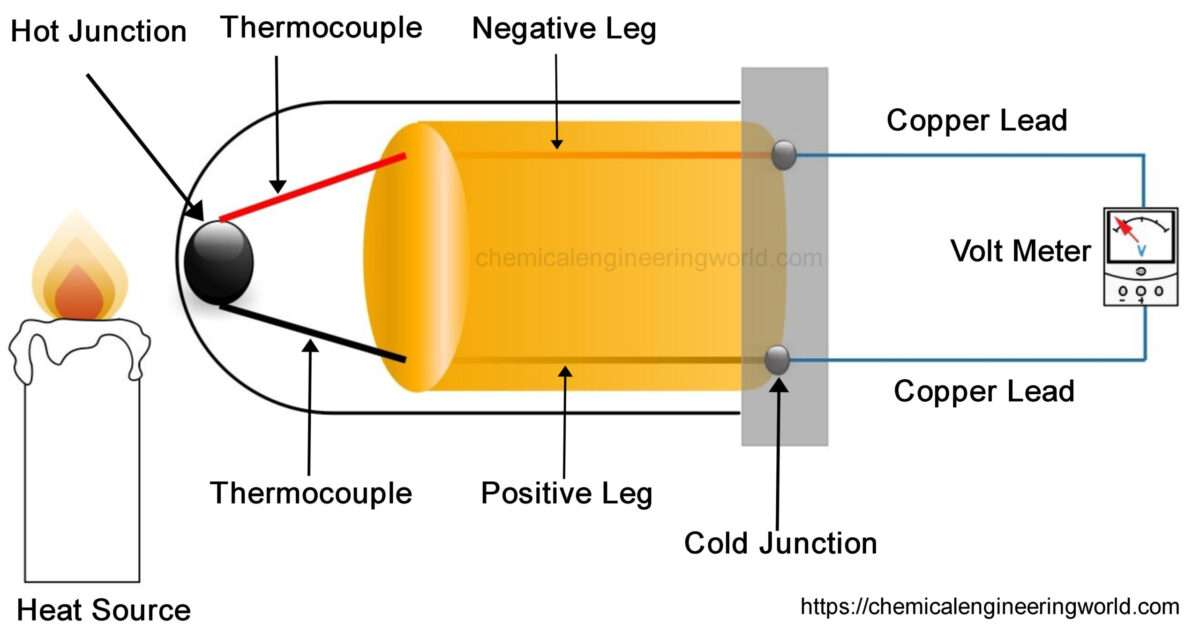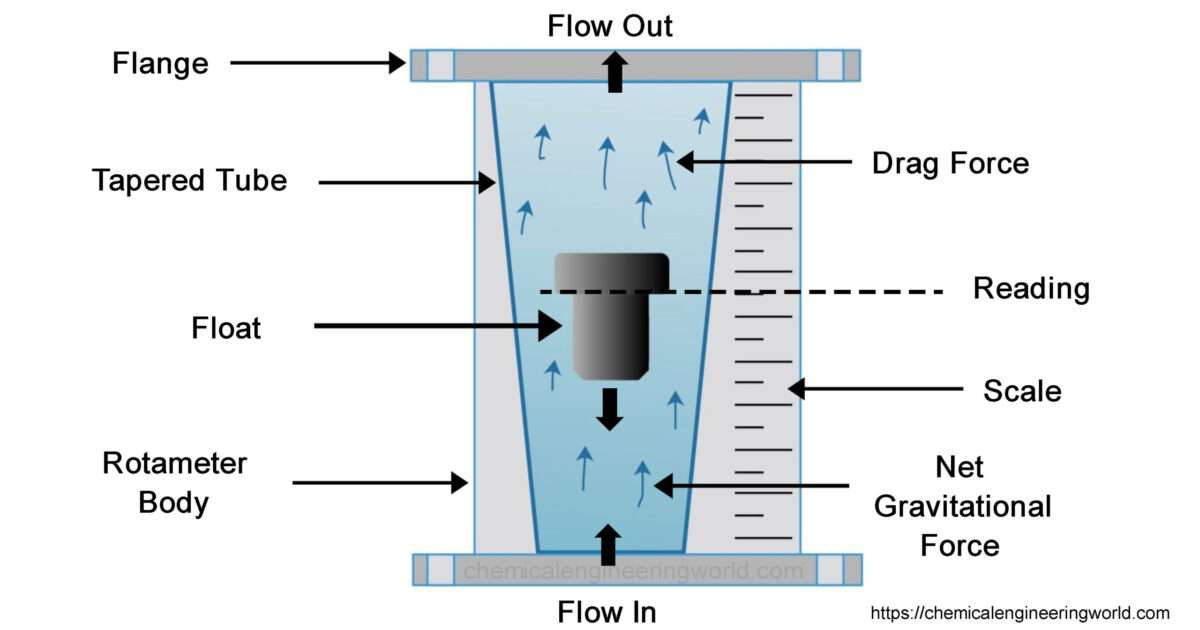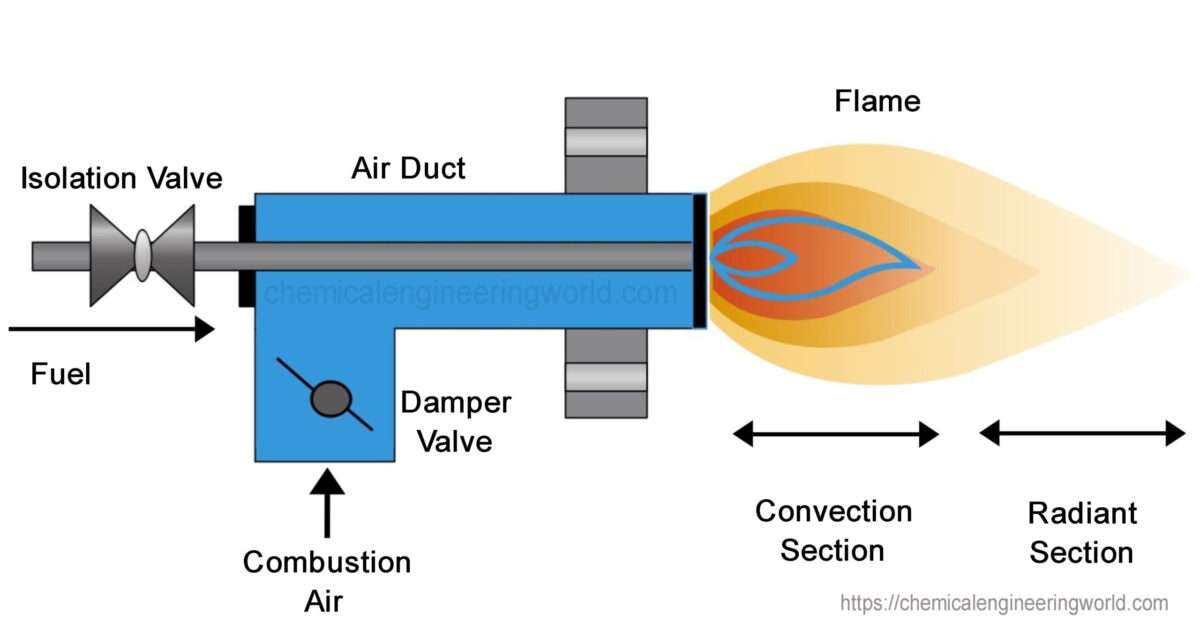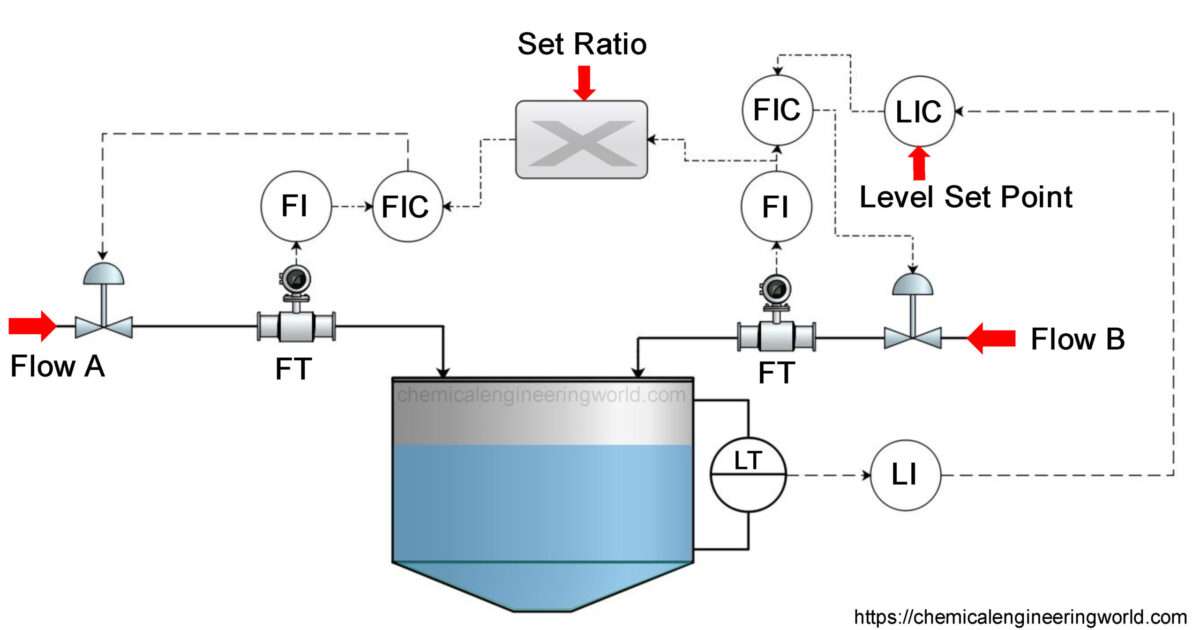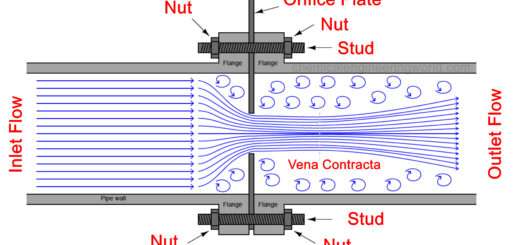Moscovium Element Properties and Information
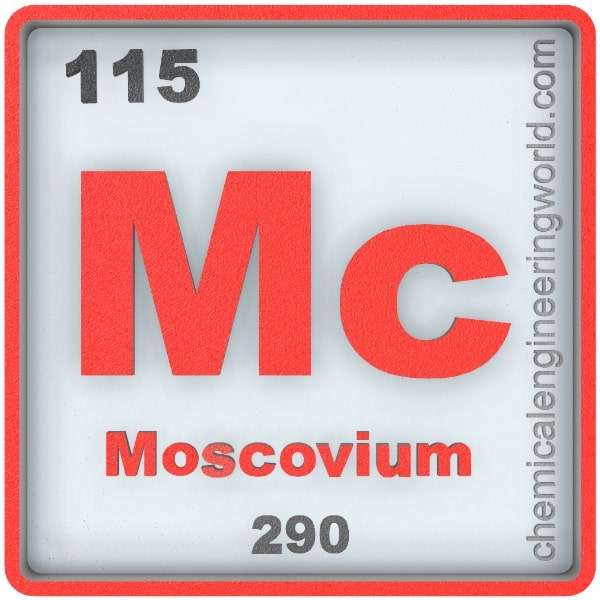
Moscovium Element Properties and Information
Moscovium is 115th element on the periodic table. Elements are arranged in the periodic table on the basis of the atomic number. Atomic number is the number of protons in the nucleus of the atom. Moscovium has an atomic number of 115. It is located in the Group 15 and Period 7 of the periodic table of elements and denoted by the symbol ‘Mc’. Moscovium is named after region Moscow, Russia; the Joint Institute for Nuclear Research (JINR) is located in this region.
Moscovium was discovered as a consequence of joint initiative between the Joint Institute of Nuclear Research (JINR) and Lawrence Livermore National Laboratory (LLNL). The scientists working on this joint project produced 4 atoms of element-115 in 2010 by bombarding plutonium-243 with calcium-48. These atoms decayed to nihonium within 100 milliseconds.
Moscovium does not occur naturally in Earth’s crust; it can only be prepared in a synthetic manner in particle accelerators. It cannot even be prepared in a nuclear reactor. All the isotopes of moscovium which have been characterized so far have been obtained synthetically.
Physical Properties
- Moscovium is an artificial radioactive element whose isotopes have extremely short half-lives.
- The atomic mass of moscovium is unknown as of yet.
- The melting point of moscovium is predicted to be around 400°C; similar to that of nihonium.
- The boiling point of moscovium is predicted to be around 1100°C; similar to that of nihonium.
- Apart from nuclear properties, no physical properties of moscovium have been studied so far owing to short half-lives of all its isotopes and also the expensive production.
- The density of moscovium is unknown as of yet.
- Moscovium’s metallic bond strength is similar to that of nihonium.
- The longest-lived moscovium isotope has a half-life of 0.65 seconds.
Chemical Properties
- Apart from nuclear properties, no chemical properties of moscovium have been studied so far owing to short half-lives of all its isotopes and also the expensive production.
- All the information about properties of moscovium comes from theoretical calculations.
- Moscovium compounds are expected to favor the ‘+1’ oxidation state.
- Moscovium compounds are not expected to display an oxidation state of ‘+5’, such compounds are predicted to be impossible in nature.
- The unambiguous determination of the chemical characteristics of moscovium is yet to be established.
Methods of Production
Particle Accelerators: All the elements which have atomic number greater than 100 can only be prepared through reactions in a particle accelerator such as a cyclotron; they are not formed in a nuclear reactor. americum-243 bombarded with calcium-48 yields moscovium-287 and moscovium-288.
Relevance in Chemical & Related Industries
Moscovium has no relevant use in chemical & related industries.
Relevance in Other Industries
Research: Moscovium has relevance only in the field of research.
Health Effects on Exposure
Moscovium doesn’t occur naturally hence there is no reason to study its effects on health.
Effects on Surroundings
Moscovium does not occur in Earth’s crust hence there is no reason to study its effects on environment.
References:
https://en.wikipedia.org/wiki/Moscovium



